Maximizing Efficiency: Understanding How Power Consumption Impacts the Performance of Air Purifiers
We all want clean air in our homes, but how much does power consumption impact the performance of air purifiers? In this article, we’ll explore the intersection of power efficiency and air purification, and provide tips for maximizing the efficiency of your air purifier.
We’ll look at the power consumption of air purifiers, the effects of the power supply on air purification, and other ways to improve the performance of your air purifier.
With so much depending on a quality air purifier, understanding the impacts of power consumption can help you make the right decision to get clean air in your home.
Power Consumption of Air Purifiers
We all want clean air in our homes, and air purifiers are an effective way to get it. But how much power do air purifiers consume? The power consumption of air purifiers can vary greatly depending on the type, size and features of the model. Some air purifiers are designed to be energy efficient, while others may draw more power.
At the same time, the quality of the power supply can have a significant impact on the performance of an air purifier. For example, if the power supply is not up to par, the unit may be unable to effectively filter the air.
This can lead to decreased air quality and increased power bills. To ensure your air purifier is as efficient as possible, it is important to make sure the quality of the power supply is up to par.
In addition to the power supply, there are other ways to improve the performance of your air purifier. Regular maintenance and filter changes can help to keep the air purifier effective and efficient.
Additionally, look for air purifiers that are Energy Star certified to ensure that the device meets the highest efficiency standards. With the right air purifier and power supply, you can rest assured that you are getting the best air quality possible from your air purifier.
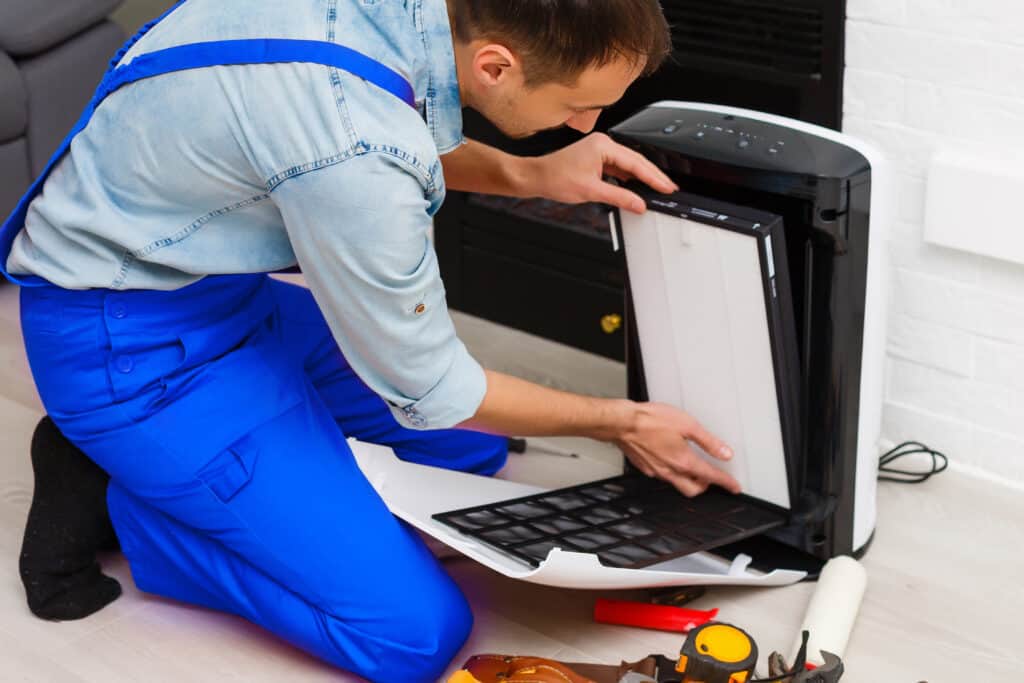
Effects of Power Supply on Air Purification
The power supply of an air purifier plays a significant role in its performance. Higher wattage means more energy consumption, more energy consumption means more effective filtration. However, it is important to remember that the power consumption should be balanced with the size of the unit. An air purifier with too much power can actually be less efficient than one with less power and a larger size.
In addition to power consumption, the power supply also affects air purification in other ways. The power supply can affect the airflow of the air purifier, which is important for effective filtration.
A good power supply should provide the necessary amount of power for the air purifier to achieve its maximum efficiency. There are also other factors that should be taken into consideration, such as the type and size of the filter.
Finally, there are other ways to maximize the performance of your air purifier, such as keeping the filters clean and using the unit regularly. By taking into account the power consumption and airflow of the air purifier, you can ensure that your unit is functioning at its peak and providing you with clean air. With the right power supply and other tips, you can have the clean air you need in your home.
Choosing an Efficient Air Purifier
We all want clean air in our homes, but how much power consumption impacts the performance of air purifiers? Choosing an air purifier can be a difficult decision, and understanding the impact of power consumption is an important factor to consider. Power consumption impacts the overall performance of an air purifier, and can ultimately impact the level of air purification that is achieved.
When comparing air purifiers, it is important to consider the power consumption of each model. Higher wattage models typically provide better performance, but also consume more electricity. It is important to balance the cost of electricity with the performance of the air purifier in order to find the most efficient solution for your needs.
Additionally, it is important to consider the type of power supply used by the air purifier. Purifiers that use DC power supplies, for example, can be more efficient than those that use AC power.
Finally, it is important to consider other ways to make your air purifier more efficient. Regular maintenance and filter replacements can extend the life of your air purifier and improve its performance. Additionally, considering the size of the air purifier and the size of the room it is placed in can also help maximize efficiency.
With so much depending on a quality air purifier, understanding the impacts of power consumption can help you make the right decision to get clean air in you.
Improving Performance and Efficiency
When it comes to air purifiers, power consumption is a key factor in determining the performance and efficiency of the device. Air purifiers with high power consumption tend to be more effective, as they are able to generate more air flow and better filter the air. However, higher power consumption also leads to increased energy costs.
Fortunately, there are several ways to improve the performance and efficiency of your air purifier. One of the most important aspects of your air purifier’s performance is the power supply. Using an adequate power supply can help improve the effectiveness of the air purifier, as well as reduce its energy consumption.
In addition, making sure that your air purifier is properly maintained and cleaned can help optimize the air purification process. Lastly, selecting the right model and size of air purifier for your space can ensure that the air is adequately filtered.
Improving the performance and efficiency of your air purifier is essential for ensuring clean air in your home. By understanding the power consumption of your air purifier, the effects of the power supply, and the importance of proper maintenance, you can ensure that your air purifier is running properly and efficiently. This will help you save money on energy costs, while also getting clean air in your home.
Tips for Optimizing Your Air Purifier
When it comes to air purification, power consumption is an important factor. As energy costs continue to rise and environmental concerns remain a priority, it’s important to understand the power consumption of air purifiers and how it affects their performance. Unfortunately, many air purifiers are not energy-efficient, and can contribute to higher energy bills. To maximize the performance of your air purifier, consider the following tips.
First, make sure the power supply to your air purifier is consistent and reliable. Poor power supply can cause motors and fans to run inefficiently, leading to higher energy consumption and decreased performance.
You should also check the filters regularly to make sure they are clean, as clogged filters can lead to decreased air flow and a buildup of pollutants. Additionally, try to purchase an air purifier with a high efficiency rating, as these will have fewer power losses due to inefficiency. Finally, make sure you keep the air purifier in an open area, as this will improve air circulation and help the air purifier work more effectively.
By understanding the power consumption of air purifiers and taking the above steps, you can help ensure that your air purifier is running at its most efficient. Doing so will help reduce energy bills and improve the air quality in your home. With the right air purifier, you can enjoy clean and healthy air in your home.
Maintaining Your Air Purifier for Maximum Efficiency
We all want clean air in our homes, but how much does power consumption impact the performance of air purifiers? In order to maximize the efficiency of your air purifier, it is important to understand the relationship between power consumption and air purification.
The power consumption of an air purifier plays a large role in its ability to properly filter the air. If the power supply is too low, the air purifier may not be able to effectively remove particles from the air. It is also important to note that an air purifier with a higher power consumption does not necessarily mean a better result. If the power consumption is too high for the size of the room, the air purifier may be inefficient in its use of energy.
In addition to power consumption, there are other ways to ensure your air purifier is running at maximum efficiency. Make sure to regularly check and clean the filter, as a dirty filter can reduce the efficiency of the purifier. It is also important to keep your air purifier in a well-ventilated area, as this will help circulation of air.
Lastly, make sure your air purifier is the right size for the space in which it is being used. An air purifier that is too large or too small for the space may not be able to effectively filter the air.
By understanding the power consumption of air purifiers, the impacts of the power supply on air purification, and other ways to improve the performance of your air purifier, you can help ensure that your air purifier is running at maximum efficiency. With so much depending on a quality air purifier, understanding the impacts of power consumption can help you make the right decision to get clean air in you.
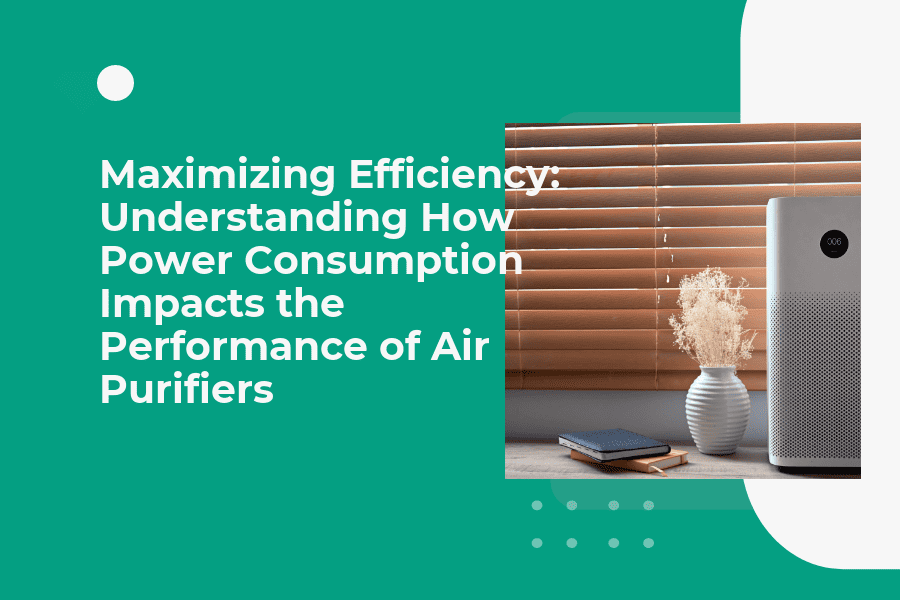
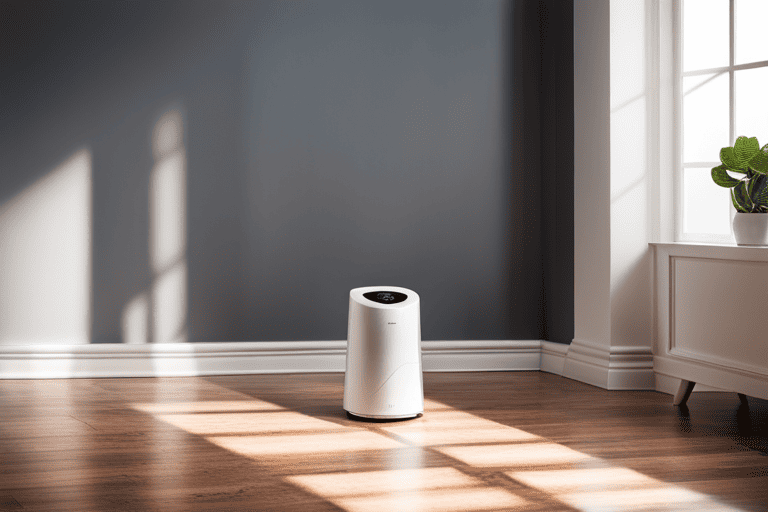

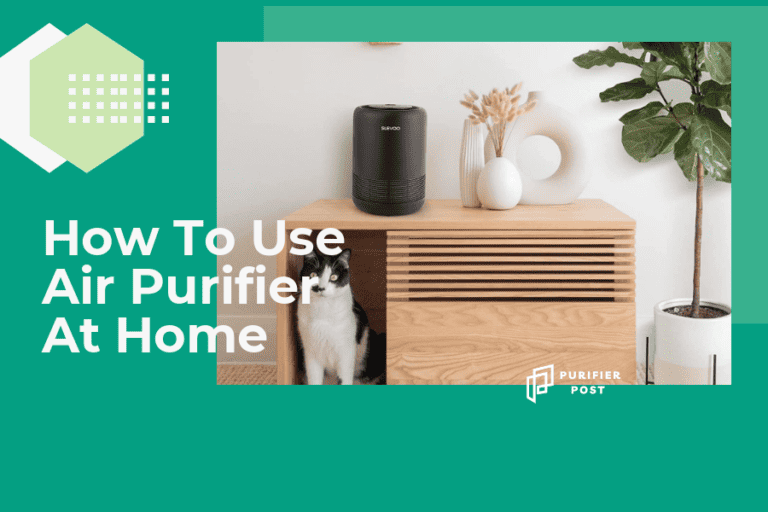
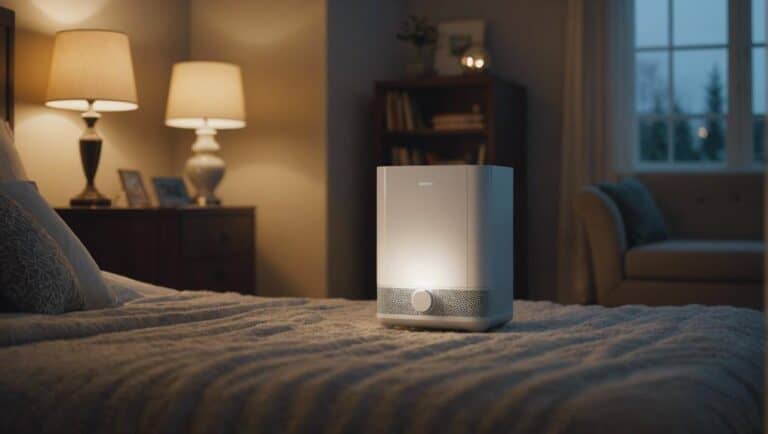
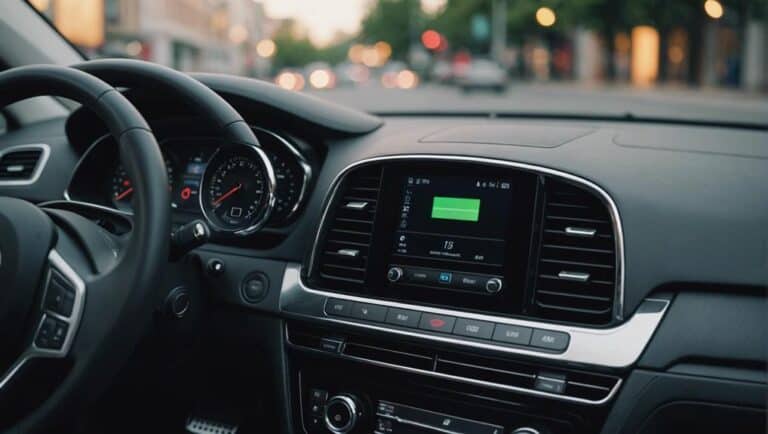
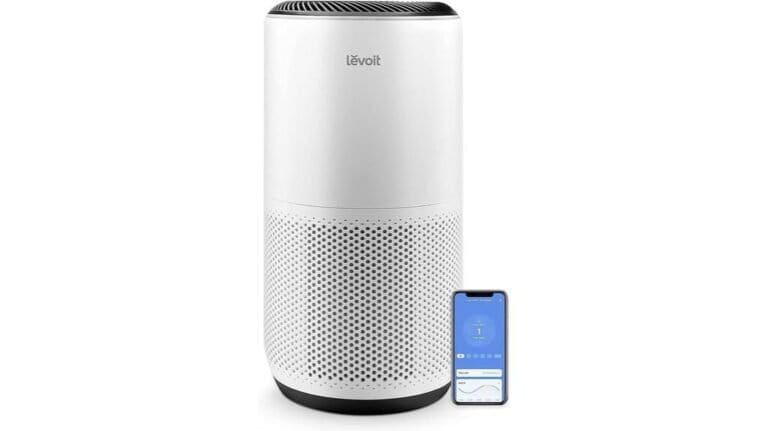
One Comment